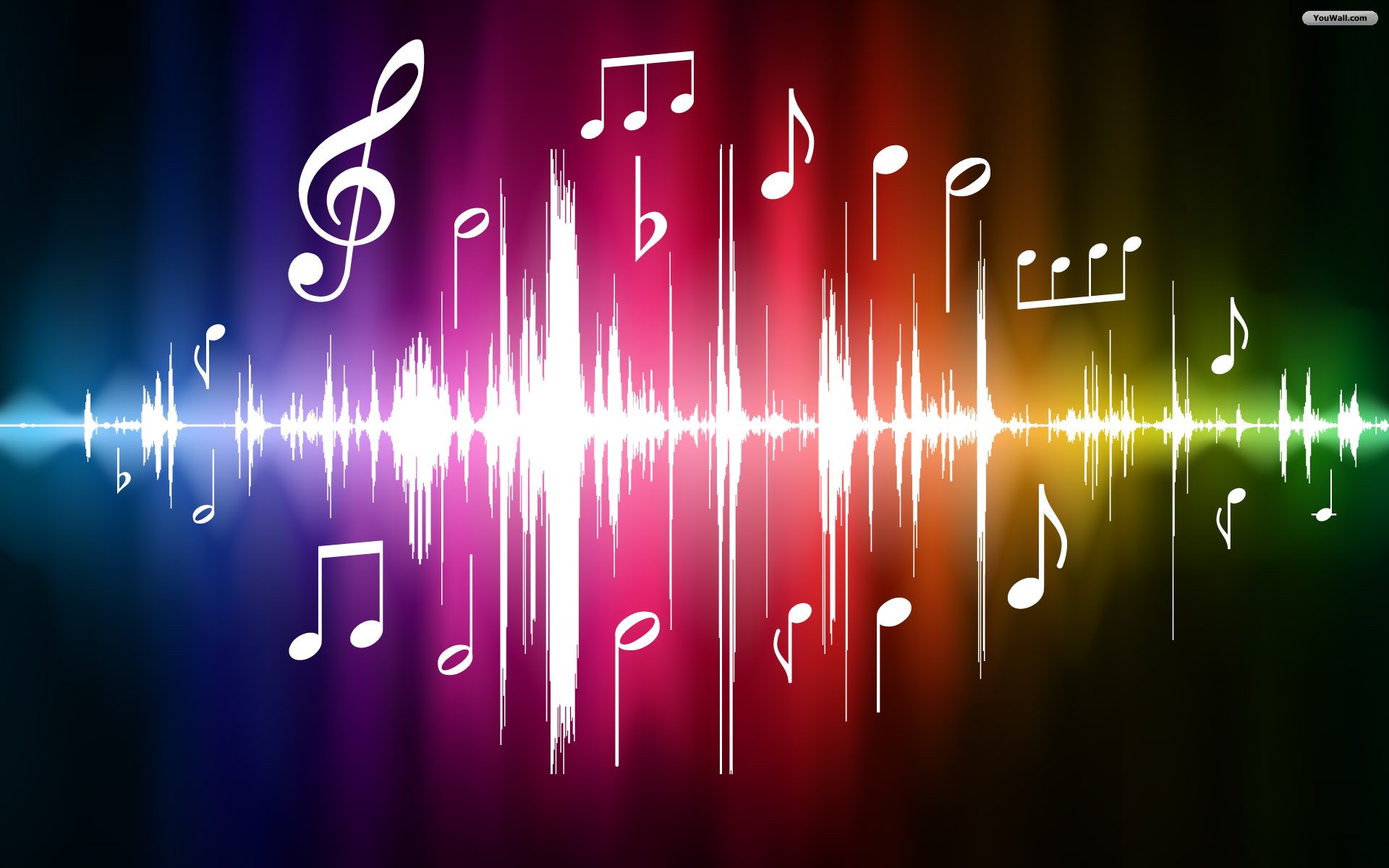Throughout history, music has served as a universal language that transcends boundaries of culture, time, and geography. For many, music is not simply an art form; it is a conduit for expressing profound emotions and spiritual experiences. In the Bahá’í tradition, music occupies a unique and revered position as a means of connection to the divine. The Bahá’í teachings pertaining to music illuminate its significance and offer insights into its soul-stirring capabilities. This article will explore the multifaceted nature of music through the lens of Bahá’í beliefs, addressing common observations while uncovering deeper reasons for our fascination with melodies that resonate within our souls.
The Role of Music in Spiritual Life
Within Bahá’í teachings, music is perceived as a powerful instrument that can elevate the soul and facilitate spiritual awakening. This perspective is predicated on the belief that music, when infused with divine inspiration, can lead individuals into a heightened state of consciousness. Abdu’l-Bahá, one of the central figures of the Bahá’í Faith, elucidated that music possesses the capacity to uplift the spirit and bring about a sense of joy. This notion aligns with a broader understanding of music as a medium that can evoke transcendent experiences.
Moreover, Bahá’í teachings emphasize the importance of ensuring that music serves as a tool for unity and goodwill. In this context, music becomes a communal experience, fostering a sense of belonging among listeners and participants. The emphasis on harmonious sounds in Bahá’í gatherings illustrates how music can create an ambiance conducive to collective spiritual growth. Thus, music is not merely an auditory experience; it becomes a vital component of the faith community’s endeavor to cultivate virtues such as love, compassion, and empathy.
Unity in Diversity: A Universal Language
One remarkable aspect of music is its ability to encapsulate diverse expressions of humanity. Bahá’í teachings advocate for the principle of unity in diversity, which extends to the realm of musical traditions. This philosophy affirms that while musical styles may vary across cultures, the underlying emotions expressed through music can resonate universally. The captivating power of music to communicate emotions—love, sorrow, joy—illustrates a fundamental thread that unites us as human beings.
In recognizing the value of different musical expressions, Bahá’ís celebrate cultural diversity while acknowledging that every musical tradition contributes to the rich tapestry of human experience. As individuals explore various musical styles, they often encounter profound emotional responses that hint at the deeper spiritual truths encapsulated in these artistic expressions. This dialectic between cultural uniqueness and common humanity underscores the essence of musical appreciation while advocating for a world united in harmony.
The Transformative Power of Sound
Many observers note that music has the ability to evoke emotions that cannot easily be articulated in words. This phenomenon can be attributed to the transformative properties of sound itself. In Bahá’í thought, sound is not a mere physical occurrence; it embodies spiritual significance and serves as a medium for divine expression. The resonant frequencies of sound interact with the human spirit, often eliciting responses that transcend intellectual understanding.
This transformative quality of music speaks to a profound truth about the relationship between the material and spiritual realms. As individuals engage with music that stirs their souls, they may experience moments of profound introspection and clarity. Such experiences are frequently accompanied by a heightened awareness of one’s personal journey and connection to the divine. In this way, music acts as a bridge, allowing individuals to traverse between the material and spiritual worlds, inviting deeper self-exploration and understanding.
Music as a Reflection of Spiritual Principles
Bahá’í teachings underscore the interplay between music and spiritual principles. Just as music possesses the power to embolden the human spirit, the principles of the Bahá’í Faith—such as service, justice, and unity—can be reflected in musical expression. Composers and musicians within the Bahá’í community often draw upon these principles to create works that resonate deeply, inspiring listeners to reflect on their spiritual paths.
Music that aligns with these spiritual ideals fosters introspection and prompts individuals to consider their roles in the broader tapestry of human existence. Additionally, as Bahá’ís strive to embody virtues such as unity, love, and service, musical compositions inspired by these values may encourage communities to engage in collective action towards achieving a more just and equitable society. Thus, music becomes a profound medium of advocacy, reinforcing the interconnectedness of spiritual principles and musical expression.
The Healing Power of Music
In modern discourse, the healing qualities of music have garnered significant attention. Bahá’í teachings resonate with this recognition, acknowledging that music can facilitate emotional and spiritual healing. As individuals engage with melodies that speak to their innermost feelings, they often find solace and catharsis. This therapeutic capacity of music highlights its role as a tool for fostering peace and tranquility within oneself.
In Bahá’í gatherings, musicians and singers frequently share songs that encompass themes of hope, resilience, and inner peace. Such musical expressions can create a transcendent environment where individuals feel empowered to confront challenges and reflect upon their innermost thoughts. In this light, music emerges as more than an art form; it evolves into a salve for the soul, providing comfort and a sense of connection to the divine.
Conclusion: Embracing the Sacred in Musical Expression
In conclusion, the Bahá’í teachings surrounding music reveal its profound capabilities as a vehicle for spiritual growth, unity, transformation, and healing. Music uniquely mirrors the complexities of human emotions while inviting individuals to engage in deeper introspection and connection with the divine. As believers and enthusiasts of music alike explore its multifaceted nature, they come to recognize that music is not merely an artistic endeavor; rather, it is a sacred manifestation of our shared humanity. In celebrating and embracing music, we invite profound experiences that resonate within the depths of our souls, fortifying our collective journey towards unity and spiritual enlightenment.
